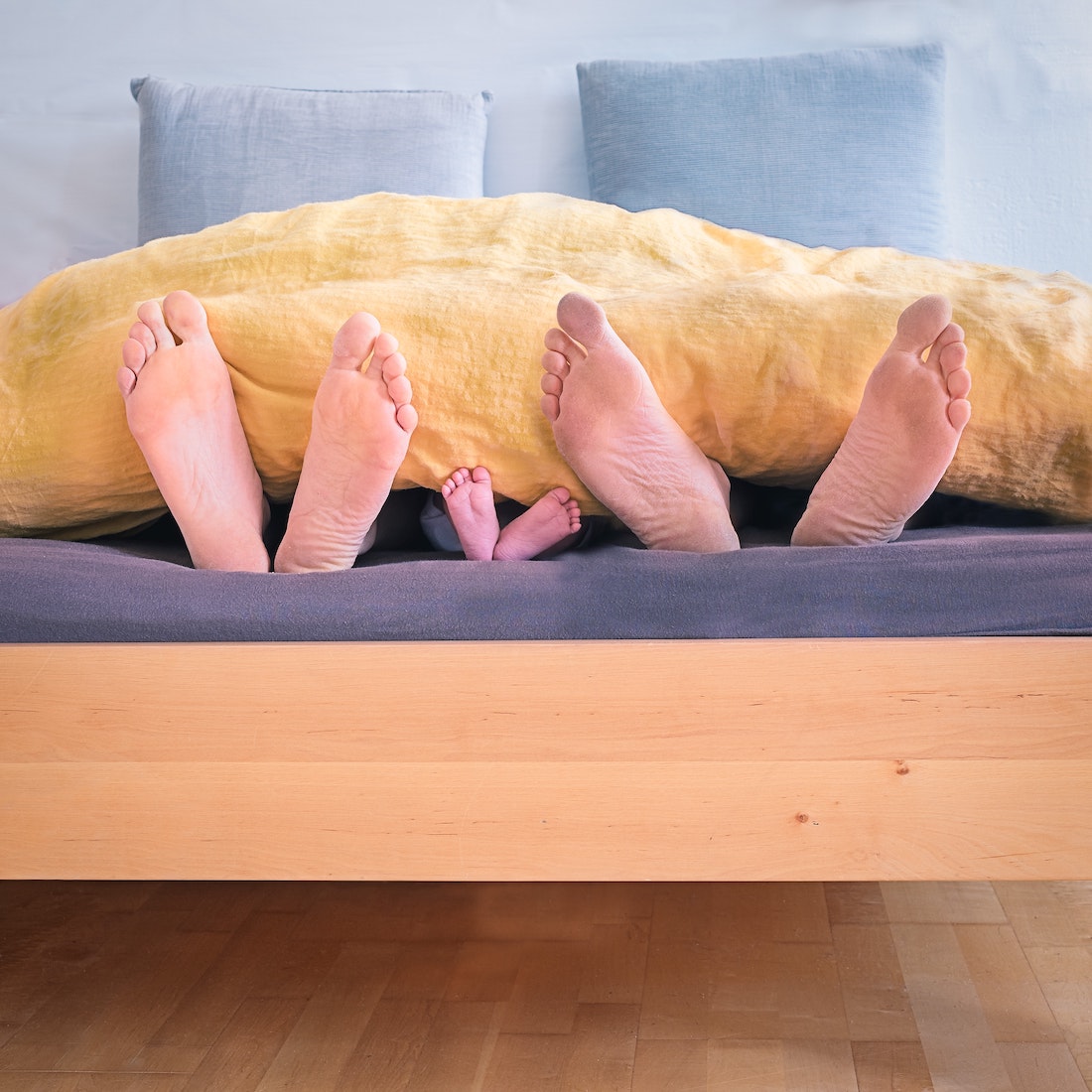How to Get a Good Night's Sleep by Stephanie Dalton

A good night’s sleep supports immune, neurological, and hormonal function. It helps balance the microbial diversity in the gastrointestinal tract. Sleep is one of our most critical (and natural) forms of detoxification. And sleep is one of the biggest factors that’s been found to be clinically relevant in weight loss resistance.
The body needs adequate rest each night for a variety of reasons, including:
-
Fighting illnesses
-
Strengthening the immune system
-
Repairing damaged tissues
-
Digestion
-
Detoxification
-
Hormonal balance
-
Maintaining cognitive health
- The importance of sleep
If you aren’t getting enough sleep, it’s likely to show up with several of these symptoms:
-
Detoxification challenges
-
Constipation
-
Impaired immune function
-
Hunger
-
Moodiness
-
Much more
Great ways to get the best sleep ever
-
It’s so important that we create a nighttime ritual because our bodies really crave routine. Aim to be in bed every night by 10:30 pm at the latest.
-
We are very connected to the sun and the moon, which is why our hormones, specifically cortisol and melatonin, mimic the rhythms of light (awake/cortisol) and dark (sleepy/melatonin). It’s important that we follow these same rhythms.
One of the ways that you can optimize your sleep while you are awake is to expose yourself to sufficient sunlight during the day. Exposing yourself to natural light throughout the day is very important!
But getting a good night’s sleep isn’t as easy as getting your body into bed at the proper time. Sleep disorders are one of the most common yet also most frequently overlooked health problems.
Practical steps for your sleep routine
-
Eat your last meal at least three hours before bed.
-
Turn the lights down low and avoid the blue light coming from your computer, TV, or cell phone at least an hour before going to bed.
-
Overhaul your bedroom and create a space that is conducive to sleep.
-
Soak in the tub before going to bed.
-
Avoid stimulants. This means no coffee after 2 pm or later in the day.
-
Go to bed by 10:30 PM.
-
Have a digital detox—which means turn your phone to airplane mode, and get your iPad out of the bedroom! Read a book or magazine instead. The blue light emitted from your phone can confuse your sleep/wake cycle by disrupting melatonin production.
-
Take a melatonin supplement before bed. Start slow and build up for minimum side effects.
- Take CALM Magnesium Citrate powder to help you relax, ease muscle tension and sleep.
In conclusion...
-
Sleep deprivation is “the condition that occurs if you don’t get enough sleep.” This is also sometimes called “sleep debt” or “sleep deficiency.” It’s associated with problems including: fatigue, headaches, reduced productivity, mood issues, weight gain and higher risk for many chronic diseases.
-
Some of the common causes of sleep deprivation are high amounts of stress, having a condition that causes wakefulness or pain, hormonal changes, pregnancy, a sedentary lifestyle, and poor diet.
-
Natural ways to prevent or treat sleep deprivation include managing your schedule and stress load, adjusting your diet and stimulant intake, exercising, spending more time outside, and creating a “nighttime routine” to help you wind down.
Stephanie Dalton is a Functional Nutrition Coach and team member here at WILLOWTREE. You can learn more about her and her practice at https://www.chiaandchocolate.com




